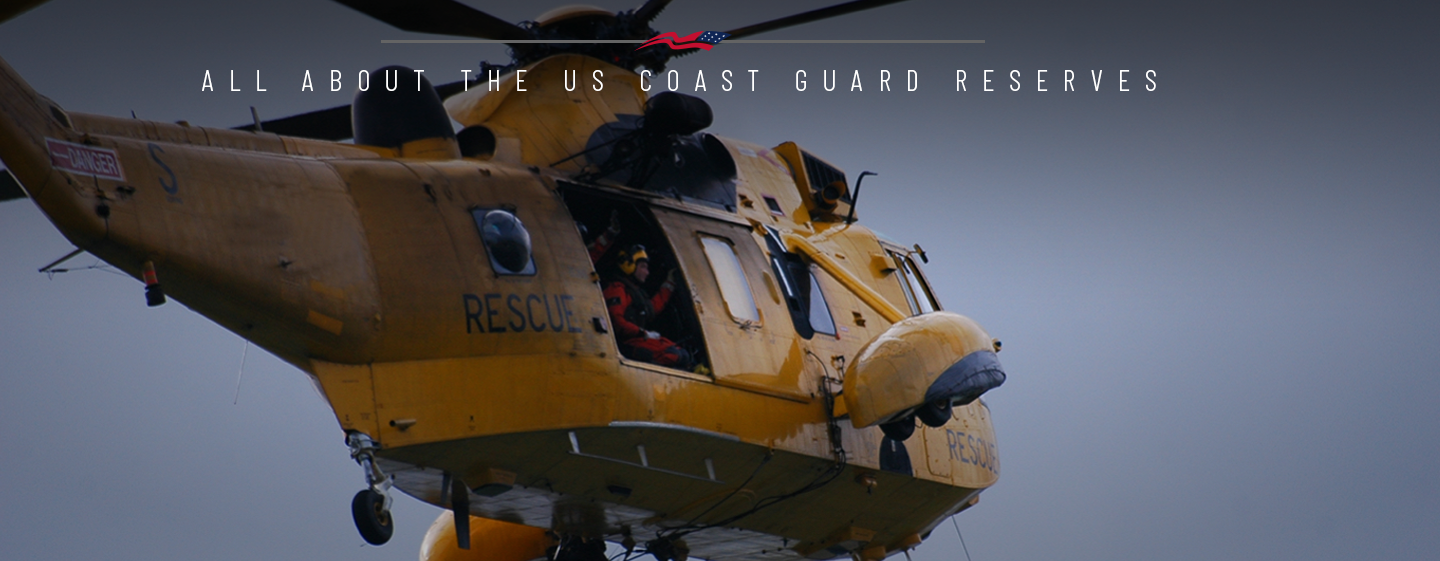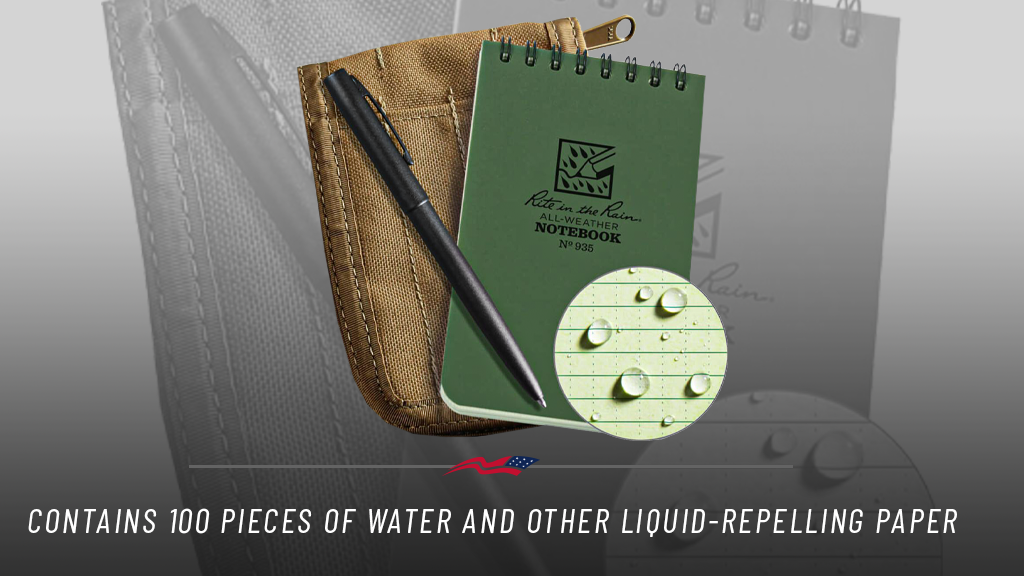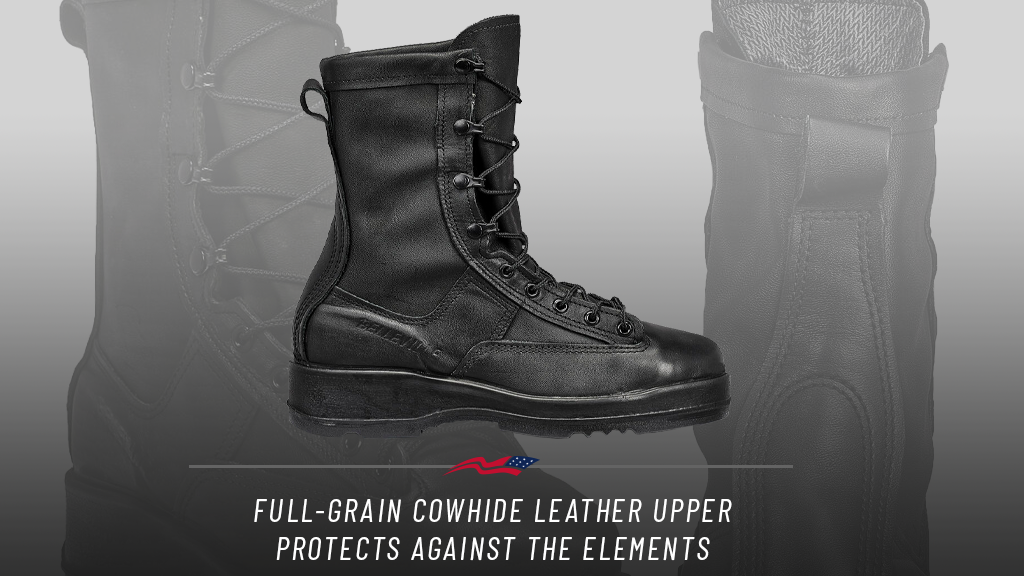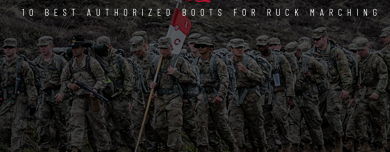
 The US Coast Guard Reserve’s founding anniversary is this month and we’re celebrating by taking a deeper look into the branch.
The US Coast Guard Reserve’s founding anniversary is this month and we’re celebrating by taking a deeper look into the branch.
During World War II we needed more people in the military to serve both at home and abroad. One way to do that was to create more avenues for reservists to join. So, on February 19, 1941, the Coast Guard reserve and Auxiliary Act passed, creating the Coast Guard Reserves.
Back then there were two classifications for reservists: regular and temporary. Regular reservists served active-duty assignments until the war was over. The temporary reservists took over the domestic responsibilities of the Coast Guard, including coastal patrols and port security work.
Today, all reservists can be called to serve both in response to a national disaster, like a flood, or to active-duty service abroad.
How to Join the Coast Guard Reserve

The Coast Guard makes it easy to start the screening process. You can call, chat online, or visit a recruiting office. Then you can get started on meeting the branch’s requirements, listed below.
Requirements:
- Be a U.S. citizen or a resident alien.
- Reservists must be between the age of 17 and 39.
- Prior-service personnel should contact their local recruiter for specific criteria.
- High school diploma. GEDs are accepted in very rare circumstances.
- Have no more than two dependents (spouse, children, or someone dependent upon you for support).
- Pass the Armed Services Vocational Aptitude Battery (ASVAB) test.
- Be medically cleared by the local Military Entrance Processing Station.
- Undergo a credit check, security clearance check, and a criminal record review. (2nd and 3rd degree misdemeanors and or felony convictions are disqualifying.)
Once you’re accepted, you can expect to go through basic training.
Reserve Duties
Like most reserve branches, you’ll be required to commit to two training days a month and two active-duty weeks a year at a base near your home. Your specific duties will depend on the job you have in the reserves. There’s a lot to choose from too. The reserves offer every job – from a boatswain’s mate to a storekeeper.
Reserve Benefits
The reserves are a great way to make an income while receiving some great benefits, but there are many other advantages to joining. College tuition, experience, and insurance combine to create a pretty nice benefits package.
College Expenses
One of the most common questions we hear is “does the coast guard reserve pay for college?” While the Coast Guard may not foot the entire bill for your college, it does offer some benefits through the Montgomery GI Selected Reserve Bill. The bill provides up to 36 months of educational training benefits, which you can apply toward college or a vocational program.
There is a service requirement to receive the educational benefits. You must be an officer in the reserves or you need to commit to six years of service.
Training and Advancement
The military and the reserves can offer a lot of room for advancement if you’re willing to put in the work – and the Coast Guard Reserves are no different. You can expect regular opportunities for training, along with pathways for advancement.
Medical, Dental, and Life
As a reservist, you’ll qualify for medical and dental insurance through the military’s TRICARE program, and you’ll be eligible to apply for life insurance.
If you decide to join, we have the gear and boots you need to start training and perform your best.
What You’re Going to Need
Once you’ve joined the ranks, you’re going to need to suit up with the best gear to help you keep America’s coasts safe. USPatriot.com is proud to carry a multitude of products needed for the Coast Guard. From boots to waterproof notepads, we’re proud to cover all of your needs.

This post has affiliate links, which means we may earn advertising money if you buy something. This doesn’t cost you anything extra, we just have to give you the heads up for legal reasons. Click away!










